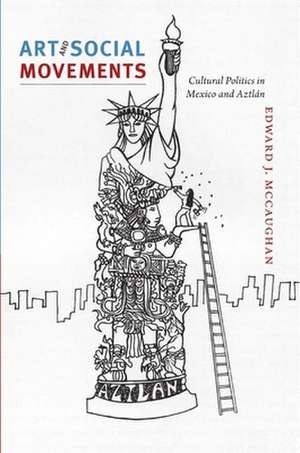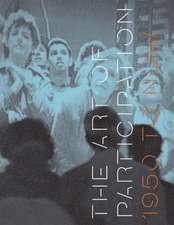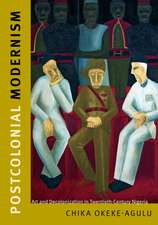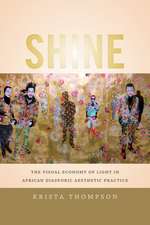Art and Social Movements – Cultural Politics in Mexico and Aztlán
Autor Edward J. Mccaughanen Limba Engleză Paperback – 27 mar 2012
Preț: 237.47 lei
Nou
Puncte Express: 356
Preț estimativ în valută:
45.44€ • 47.57$ • 37.60£
45.44€ • 47.57$ • 37.60£
Carte tipărită la comandă
Livrare economică 07-21 aprilie
Preluare comenzi: 021 569.72.76
Specificații
ISBN-13: 9780822351825
ISBN-10: 082235182X
Pagini: 232
Ilustrații: 42 illustrations
Dimensiuni: 177 x 233 x 14 mm
Greutate: 0.32 kg
Editura: MD – Duke University Press
ISBN-10: 082235182X
Pagini: 232
Ilustrații: 42 illustrations
Dimensiuni: 177 x 233 x 14 mm
Greutate: 0.32 kg
Editura: MD – Duke University Press
Recenzii
Art and Social Movements lives up to its title, for only when the art and culture of social movements are explored along with their politics, do we begin to have a vital and comprehensive sense of the emotions and creativity involved. The sad, violent and arbitrary border between Latin America and Latino USA too often ignores the history of collaboration and influence each side of that fictitious line has given the other. Edward J. McCaughan, through personal experience and exhaustive research, sets the record straight! Margaret Randall, author of When I Look Into the Mirror and See You and To Change the World: My Years in CubaArt and Social Movements makes a powerful statement about the continued vitality ofand need forthe creative arts in radical political movements. By effectively synthesizing grounded analysis of grassroots politics with deft theoretical explanations of artistic genres, Edward McCaughan provides what I believe is the most significant empirically grounded study of cultural politics in Latin America since the anthology Cultures of Politics, Politics of Cultures, which was published in 1998. Howard Campbell, author of Mexican Memoir: A Personal Account of Anthropology and Radical Politics in Oaxaca
Notă biografică
Cuprins
Descriere
This is a study of artist/activists and their participation in social movements in the 1960s, 70s, and 80s, in Mexico City, Oaxaca, and California. McCaughan places the three movements within their own local histories, cultures, and conditions, but also links them to the 1968 rebellions that were going on across the world, all of which had in common protests against U.S. imperialism, a critique of "old left" movements, an emphasis on minority groups, and a questioning of the process of social transformation.











